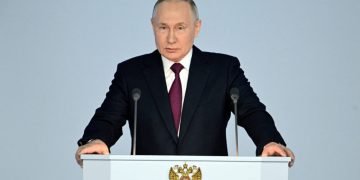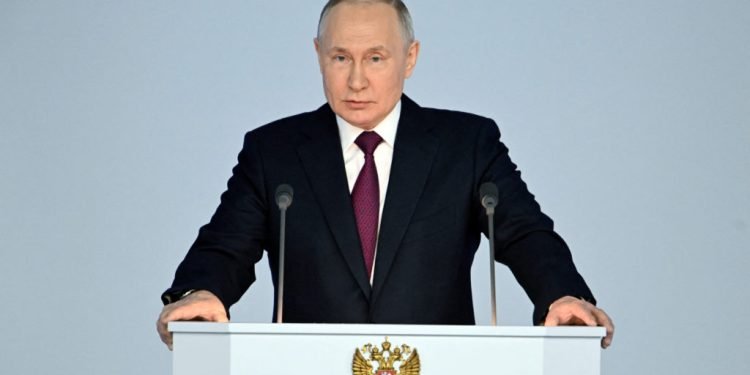In a recent development reminiscent of Cold War tensions, Russian President Vladimir Putin has issued a stern warning to the United States about the potential for a new missile crisis. Speaking at a defense conference, Putin emphasized the growing risk of confrontation between the two nuclear-armed superpowers if the U.S. continues to deploy missile systems in Europe that Moscow perceives as a threat to its security.
Historical Context and Current Tensions
The roots of this warning can be traced back to the Cold War era, particularly the Cuban Missile Crisis of 1962, which brought the world to the brink of nuclear war. During that period, the Soviet Union’s deployment of nuclear missiles in Cuba led to a standoff with the United States, which had placed its own missiles in Turkey. The crisis was eventually defused through diplomatic negotiations, but it left an enduring legacy of distrust and strategic competition.
Fast forward to the present, and the geopolitical landscape has shifted, but the underlying issues remain strikingly similar. The dissolution of the Intermediate-Range Nuclear Forces (INF) Treaty in 2019, a key arms control agreement between the U.S. and Russia, has rekindled fears of a new arms race. The treaty, signed in 1987 by U.S. President Ronald Reagan and Soviet leader Mikhail Gorbachev, had successfully eliminated an entire class of nuclear and conventional ground-launched ballistic and cruise missiles.
Putin’s Warning
Putin’s recent remarks underscore his concern about the deployment of American missile systems in Europe, which he argues could reach Russian territory in a matter of minutes. “If such systems appear in Europe, what should we do? We will have to create and deploy similar systems against those who threaten us,” Putin stated. He warned that this could lead to a scenario similar to the Cuban Missile Crisis, with all its attendant risks.
The Russian president pointed to the U.S. Aegis Ashore missile defense systems stationed in Romania and Poland as potential threats. Although these systems are officially described as defensive, Russia argues that they could be adapted to launch offensive missiles. Putin’s warning is also likely a response to the U.S. decision to withdraw from the INF Treaty, which has allowed both countries to develop and deploy previously banned missile systems.
Strategic Implications
The potential for a new missile crisis has significant strategic implications. First, it heightens the risk of a miscalculation or accidental launch, which could have catastrophic consequences given the destructive power of modern nuclear weapons. Second, it undermines global arms control efforts, as both countries may feel compelled to expand their arsenals and develop new technologies to counter perceived threats.























